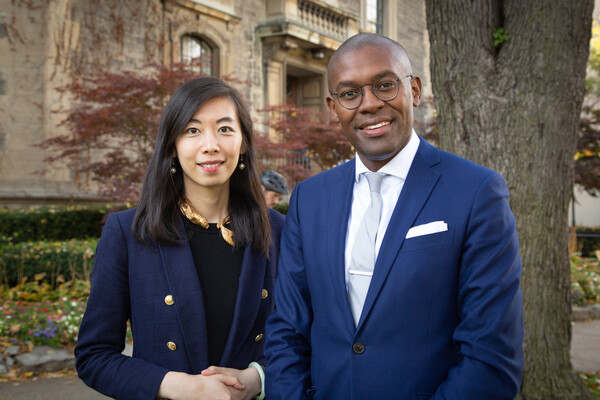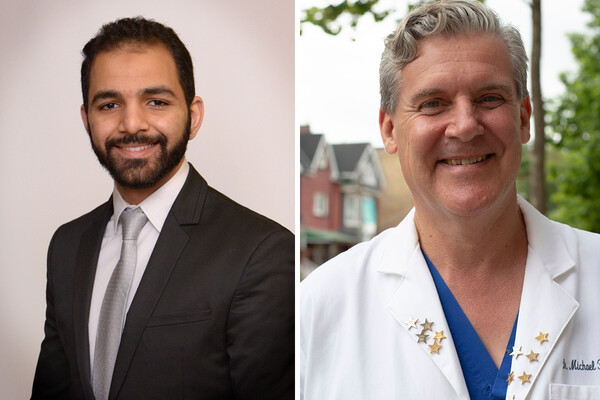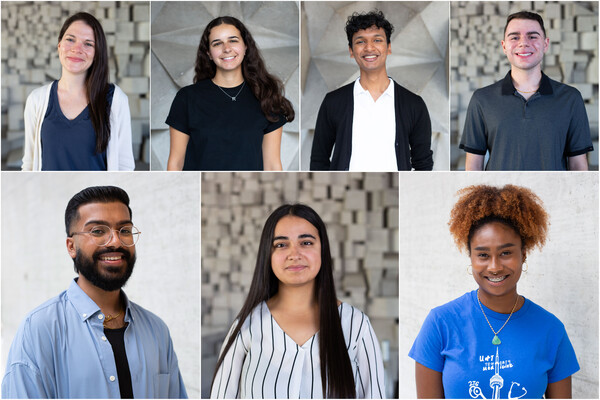Breadcrumbs
- Home
- MD/PhD Program
- News
- Resident Reflections: Dr. Nardin Samuel on Neurosurgery
Resident Reflections: Dr. Nardin Samuel on Neurosurgery
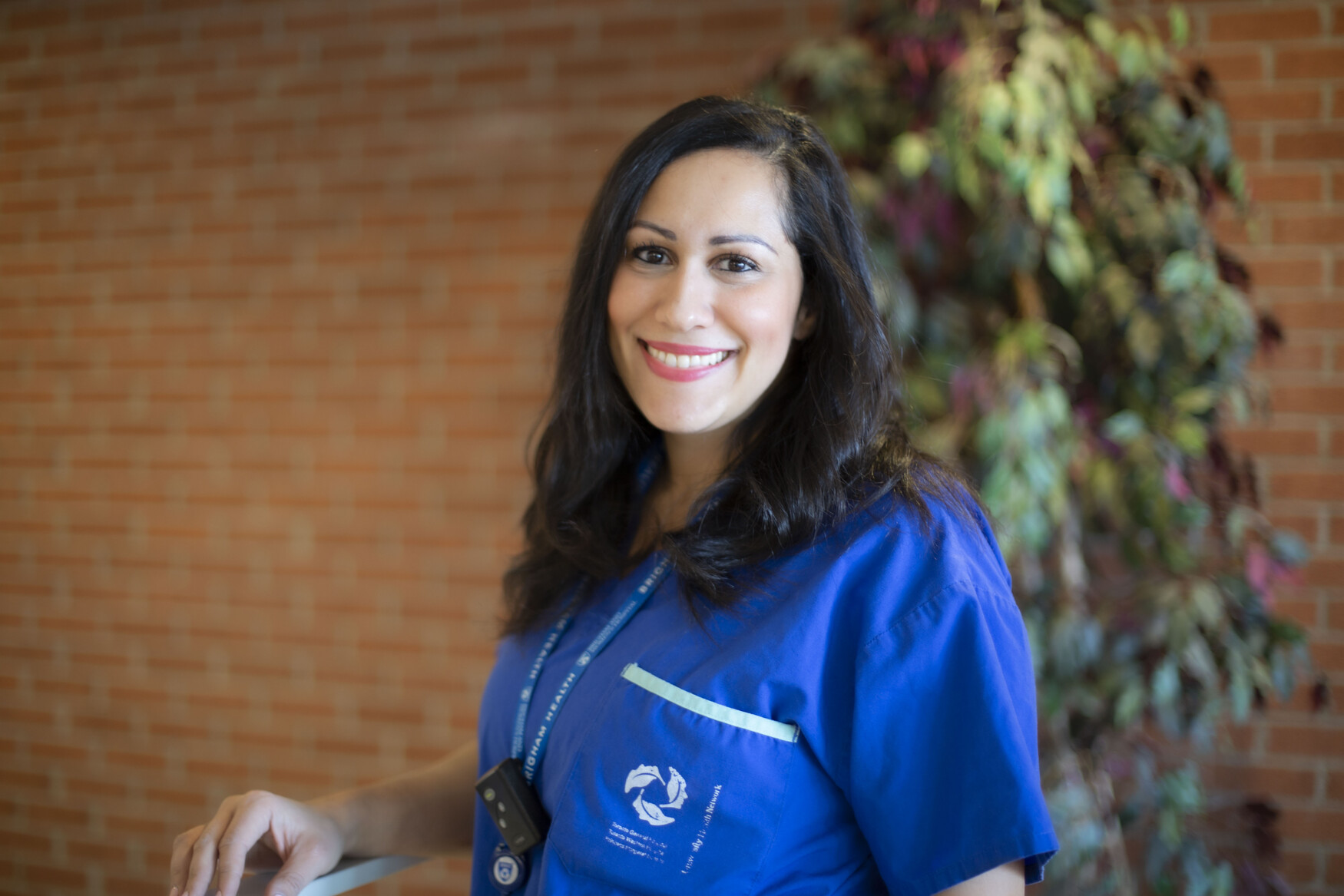
Ciara Parsons
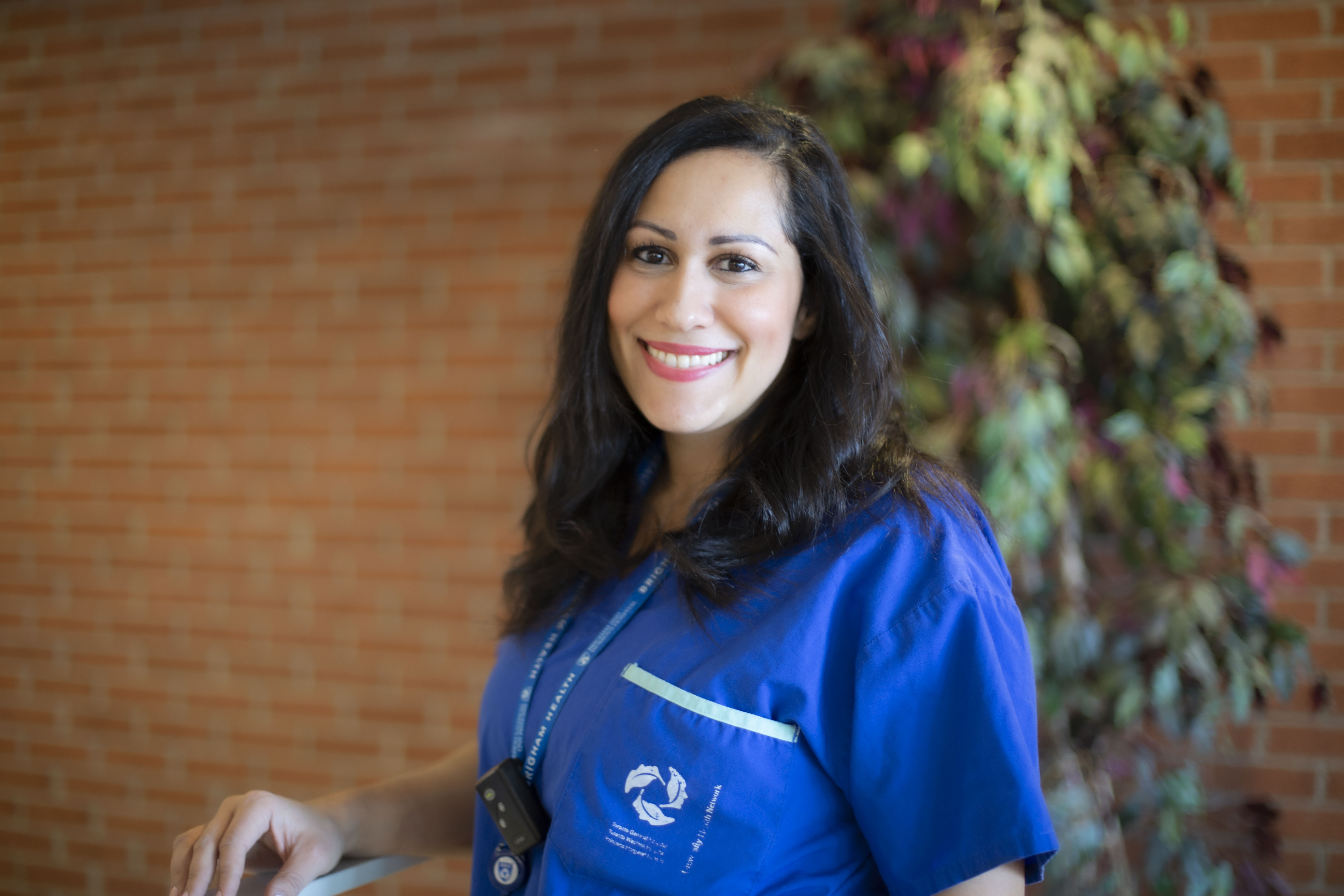
Dr. Nardin Samuel is a medical resident at the University of Toronto in neurosurgery, a field she says is fascinating and rapidly evolving. Samuel spoke with writer Ciara Parsons about misconceptions regarding the specialty, what she likes about neurosurgery and how she would advise medical students choosing a specialty.
Tell us about yourself. Where did you complete your prior education?
I am a Toronto native and completed an undergraduate degree in pharmacy and graduate training at U of T. I later chose the MD/PhD program, due to a combined interest in clinical work and basic science, including cancer genetics. I’m now in the second year of a neurosurgery residency, which consists of at least six years of post-graduate medical training.
What is most rewarding about neurosurgery?
The immediate impact we can have on improving the clinical course of critically ill patients can be very rewarding. That requires formulating a definitive surgical plan to address their pathology, of course, and it is challenging to see patients and families endure in these circumstances. But I feel extremely grateful to be involved in their care.
What would surprise people about your specialty?
People often perceive neurosurgery as a specialty with predominantly poor prognoses, but that is a misconception. There are certainly patients and cases with devastating outcomes. However, although we often care for some of the sickest patients, our surgical interventions can alleviate suffering and play an important role in the management of various pathologies of the brain and spinal cord.
As a resident, what do you most enjoy about your specialty?
There is no routine in neurosurgical residency. Each day is different, and each patient is unique. I enjoy being in the operating room and directly honing skills associated with different surgical procedures. I also enjoy assessing patients in an emergency setting and synthesizing plans for treatment. Working with and learning from amazing colleagues helps ameliorate the daily challenges and also encourages junior residents to teach the next generation of medical trainees.
How did you become interested in neurosurgery?
During my graduate studies, I worked closely with many of the neurosurgeons at the University of Toronto, regularly participated in the multidisciplinary rounds and had the opportunity to shadow mentors to learn more about neurosurgery. From seeing spinal cord tumors intricately removed under the microscope to deep brain stimulators being inserted into the brain to alleviate tremors, these, and many other fascinating experiences affirmed my interest in the specialty.
What advice would you give to medical students who might be interested in your speciality?
My advice for current medical students, regardless if they are interested in pursuing neurosurgery, is to get broad exposure to the various fields in medicine. Seek advice and speak to as many as physicians as possible in various stages of their training or career. Everyone has a different perspective. Gather these pieces of advice and wisdom to make decisions that align with your own interests, passions and values.
What did you wish you knew before your first week in residency?
I wish I knew how much time we would spend at our ‘surgical bootcamp’. I was gearing up to spend most of my time learning on our service and instead we spent the majority of the week (and the rest of the month) learning about basic principles alongside incoming residents across surgical specialties. We learned how to care for critically ill surgical patients and had opportunities to practice rudimentary surgical skills. It was a really fun experience and helped ease the transition from medical school to residency.
News
